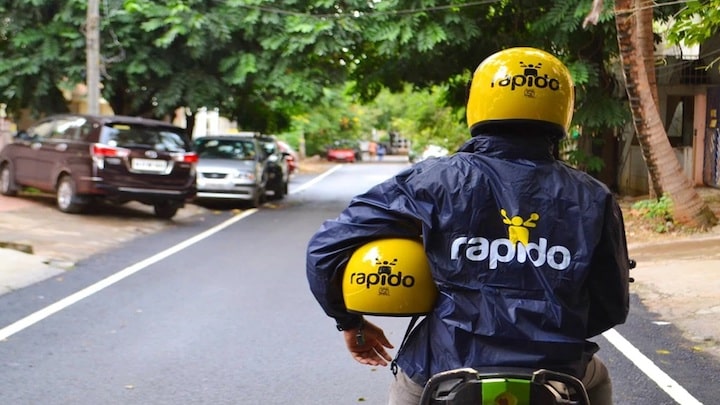Bengaluru, the city known for its notorious traffic jams and tech-savvy population, is witnessing a new kind of ‘jugaad’ after the Karnataka High Court enforced a ban on app-based bike taxi services like Rapido, Ola, and Uber. The ban, which came into effect on 16 June 2025, has left thousands of daily commuters stranded and searching for alternatives to their affordable and quick rides.
Why Was the Ban Imposed?
The Karnataka High Court ruled that app-based bike taxi services were illegal, as most two-wheelers used for these services are registered for private use and not for commercial transport.
Despite suggestions from the court to frame specific regulations for bike taxis, the state government decided against creating such rules, leaving the ban in place until further notice. The next hearing on the matter is scheduled for late June.
Commuters Become ‘Parcels’ to Beat the Ban
In true Indian style, commuters and drivers have found a workaround. With the bike taxi option removed from apps, companies like Rapido and Uber have rebranded their services as ‘Bike Parcel’ or ‘Moto Parcel’. Now, instead of booking a ride, people are booking themselves as ‘parcels’ to be delivered to their destinations on two-wheelers.
Many riders and commuters confirmed that this informal arrangement is helping them manage the sudden disruption. For instance, a Rapido rider in HSR Layout said, “If you book me as a parcel, I can still drop you,” showing how both riders and users are adapting to the new rules.
This creative solution has become popular, especially in tech hubs like Koramangala, Whitefield, and Electronic City, where quick and cheap transport is essential.
Impact on Daily Life and Public Sentiment
The ban has caused inconvenience for office-goers, students, and gig workers who relied on bike taxis for affordable and fast travel, especially for first and last-mile connectivity. Many commuters have taken to social media to express their frustration, pointing out that alternative options like autos and cabs are more expensive and less efficient in Bengaluru’s heavy traffic.
For some, the cost of daily travel has nearly doubled, and public transport is not always a viable option due to limited connectivity and long walking distances to stations. Auto drivers, however, have welcomed the ban, as they believe bike taxis were affecting their business and not following the same regulations.
Enforcement agencies have started cracking down on illegal operations masked as parcel delivery services, with over 100 bike taxis seized on the first day of the ban. Officials are conducting undercover operations to identify and penalise those flouting the law by ferrying passengers as parcels. Despite this, many riders continue to offer the workaround, hoping for more clarity or a change in policy soon.
What Lies Ahead?
The ride-hailing companies have stated that they are complying with court orders and are in talks with the government to find a solution. The industry and users are demanding clear regulations to allow bike taxis to operate legally, citing their importance for affordable urban mobility and job creation. The High Court is expected to hear the matter again later in June, and the outcome could shape the future of bike taxis in Bengaluru.
For now, Bengaluru’s commuters continue to show their famous resilience and creativity, finding ways to reach their destinations—even if it means riding as ‘parcels’ in the city’s ever-busy traffic.


